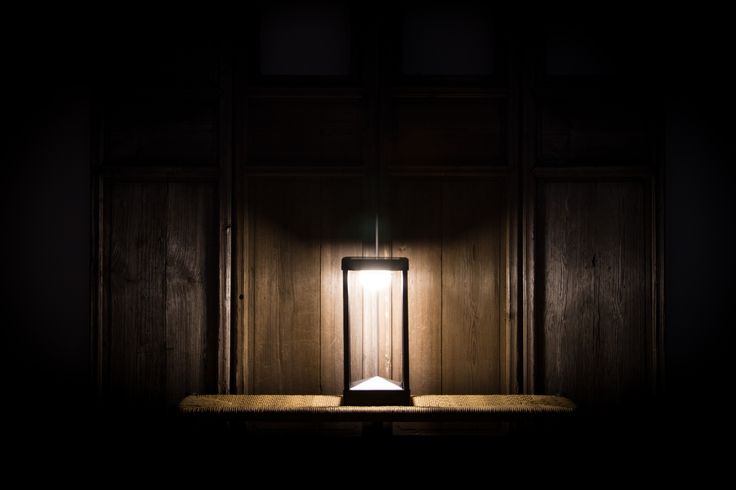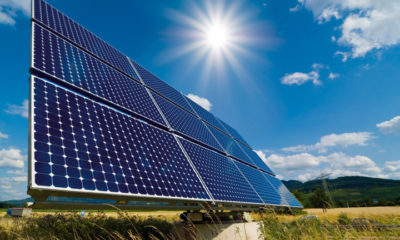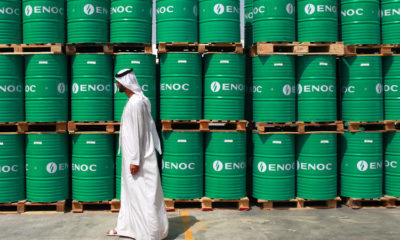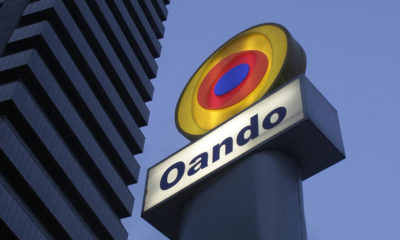New research highlights a chronic lack of finance that will leave billions of people in Sub-Saharan Africa and Asia without electricity or clean cooking by 2030; Urgent action to accelerate investment in clean energy for developing countries is needed from global leaders assembling at COP26 to ensure a just energy transition.
This year’s Energizing Finance research series – developed by Sustainable Energy for All (SEforALL) in partnership with Climate Policy Initiative (CPI) and Dalberg Advisors – shows the world is falling perilously short of the investment required to achieve energy access for all by 2030 for the seventh consecutive year.
In fact, tracked finance for electricity in the 20 countries that make up 80 percent of the world’s population without electricity – the high-impact countries – declined by 27 percent in 2019, the year before the onset of the Covid-19 pandemic. The economic strain caused by Covid-19 is expected to have caused even further reductions in energy access investment in 2020 and 2021.
Energizing Finance: Understanding the Landscape 2021, one of two reports released under the series, finds committed finance for residential electricity access fell to USD 12.9 billion in 2019 (from USD 16.1 billion in 2018) in the 20 countries. This is less than one-third of the USD 41 billion estimated annual investment needed globally to attain universal electricity access from 2019 to 2030.
Meanwhile, there is an abysmal amount of finance for clean cooking. Despite polluting cooking fuels causing millions of premature deaths each year and being the second largest contributor to climate change after carbon dioxide, only USD 133.5 million in finance for clean cooking solutions was tracked in 2019. This is nowhere near the estimated USD 4.5 billion in annual investment required to achieve universal access to clean cooking (accounting only for clean cookstove costs).
These findings have been released just ahead of COP26 in Glasgow, where global leaders will focus on how to spark meaningful progress on fighting climate change. As part of this, they will need to consider how to reduce global emissions from the energy sector while also increasing energy access in developing countries to support their economic development.
“We are at a critical moment in the energy-climate conversation,” said Damilola Ogunbiyi, CEO and Special Representative of the UN Secretary-General for Sustainable Energy for All and Co-Chair of UN-Energy. “What is clear is that the path to net zero can only happen with a just and equitable energy transition that provides access to clean and affordable energy to the 759 million people who have no electricity access and 2.6 billion people who lack access to clean cooking solutions. This requires resources to mitigate climate change and create new opportunities to drive economic development and enable people everywhere to thrive. Energizing Finance provides an evidence base of current energy finance commitments and the finance countries require to meet SDG7 energy targets.”
In 2018, 50 percent of total electricity finance flowed to grid-connected fossil fuels in the high-impact countries compared to 25 percent in 2019. While this is a positive trend for the climate, tracked investment in off-grid and mini-grid technology also declined and represented only 0.9 percent of finance tracked to electricity.
Dr. Barbara Buchner, Global Managing Director at CPI, who partnered with SEforALL on Energizing Finance: Understanding the Landscape 2021, said: “Achieving both the Paris Agreement and universal energy access requires far greater investment in grid-connected renewables and off-grid and mini-grid solutions than what has been tracked in Energizing Finance. These solutions are essential to helping high-impact countries develop their economies without a reliance on fossil fuels.”
To better illuminate the challenges high-impact countries face, the second publication in the series, Energizing Finance: Taking the Pulse 2021, offers a detailed look at the estimated volume and type of finance needed by enterprises and customers to achieve universal energy access for both electricity and clean cooking by 2030 in Mozambique, Ghana and Vietnam. Importantly, it illustrates the energy affordability challenges people face in these countries and the need for financial support for consumers, such as subsidies.
The report finds that providing access to clean fuels and technologies, i.e. modern energy cooking solutions, in Ghana, Mozambique and Vietnam will cost a total of USD 37-48 billion by 2030; 70 percent of which will be for fuels (e.g., LPG, ethanol and electricity). A more achievable scenario would be for all three countries to deliver universal access to improved cookstoves at a total cost of USD 1.05 billion by 2030.
“Ghana, Mozambique and Vietnam each have unique challenges to achieving universal access to electricity and clean cooking,” said Aly-Khan Jamal, Partner at Dalberg Advisors, who partnered with SEforALL on Energizing Finance: Taking the Pulse 2021. “This research digs deep into these national contexts to identify solutions that can make Sustainable Development Goal 7 a reality.”
Providing results-based financing for energy project developers and exploring policies that facilitate demand-side subsidy support and reduce taxes on solar home systems are among several policy recommendations presented for Ghana, Mozambique and Vietnam.
Energizing Finance also advocates for increased innovation in financial instruments to reach the scale of finance needed for universal clean cooking access; for integration of electricity access, cooking access and climate change strategies; and for national governments, bilateral donors, philanthropies, and DFIs to all increase their efforts to mobilize commercial capital to Sub-Saharan African countries.

 Education4 weeks ago
Education4 weeks ago
 News3 weeks ago
News3 weeks ago
 Business3 weeks ago
Business3 weeks ago
 Technology3 weeks ago
Technology3 weeks ago
 Investment4 weeks ago
Investment4 weeks ago
 Investment3 weeks ago
Investment3 weeks ago
 Telecommunications4 weeks ago
Telecommunications4 weeks ago
 Banking Sector3 weeks ago
Banking Sector3 weeks ago



























